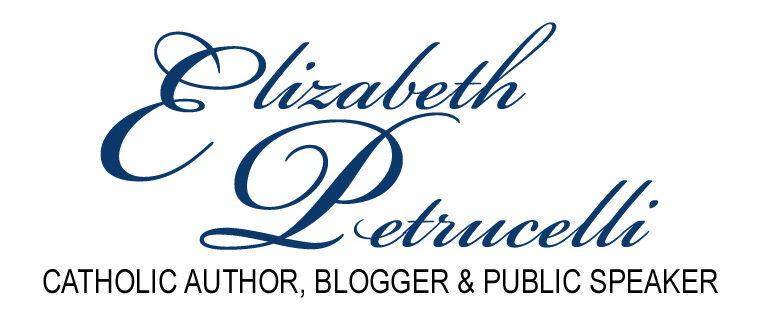DISCLAIMER: I am not a medical professional. Please consult with your doctor or midwife if you have any questions regarding this information and opinion on the use of a fetal Doppler in pregnancy. I want to address this fear-mongering article from Bustle. In the article, This New Pregnancy Trend Among Millennial Women Could Seriously Harm Unborn…
Category: pregnancy after miscarriage
Miscarriage and the Flu Vaccine
Several mainstream news sources, to include USA Today, have recently posted articles on miscarriage and the influenza vaccination. Newly pregnant mothers want to know, is the flu vaccine safe in pregnancy? The flu vaccine is recommended for all pregnant women and women are told there is little to no risk in receiving the vaccination during…
My Unexpected Pregnancy
When I received the positive pregnancy test, I wasn’t met with feelings of excitement and joy; rather, I experienced intense fear and anxiety. I had just been to my priest to confess that I had been having thoughts about abortion if I were to become pregnant again. Shocking, I know. If you know me, you…
I’m back!
My blog has been quiet for months. I apologize for that and will try to get it back on track. Several things have been keeping me from writing. First, I have a writer’s block. I have it very badly. Ever since I unexpectedly became pregnant last year, my mind has been blocked and was overly…
Pregnancy After Loss – Bargaining
When you pee on that stick and see the positive, you are elated…usually. Even in pregnancy after loss, there are moments of excitement which appear immediately upon seeing the positive test but it isn’t usually long until the worry and anxiety sets in. It’s almost as if entering pregnancy after loss means restarting the stages…
How Far Along Are You?
When a woman discovers she is pregnant, the inevitable question is immediately asked. How far along are you? I will say that we had known for weeks before we shared with a few select people and waited even longer to share with the rest of our close friends and family. Some, were kept in the…
Viral Rainbow Babies Photo
So many of us have seen this set of photos. The Huffington Post wrote an article about these photos entitled Viral ‘Rainbow Babies’ Photo Post Brings Emotional Topic To Light. In that article, author Caroline Bologna shares that Chastity Boatman posted this set of photos on her blog in order “…for women to help support and heal…
Naivety vs. Faith in Pregnancy After Loss
I had an immense amount of faith during my pregnancy with G. When G was stillborn, I lost all that faith. I couldn’t understand why this happened and more importantly, why this happened to us. We were devout Catholics. We prayed for this baby. How could God have taken this baby? So when we became…
To Kiss and Untell
You kiss a guy and then run around and tell everyone that you kissed him. That “hot” guy that you had been hoping to go out with. The guy you had hoped would notice you and he did. You are absolutely giddy with excitement over where that might lead you two. As you are sharing…
Announcing an early pregnancy
Many women are hesitant to announce their pregnancy early. Some wait until a blood test confirms. Others wait until they see a heartbeat. Some wait until they are twelve weeks and beyond but why? Isn’t a line a line? Doesn’t pregnant mean pregnant? Here is an early pregnancy test. It was taken 11 days after…

